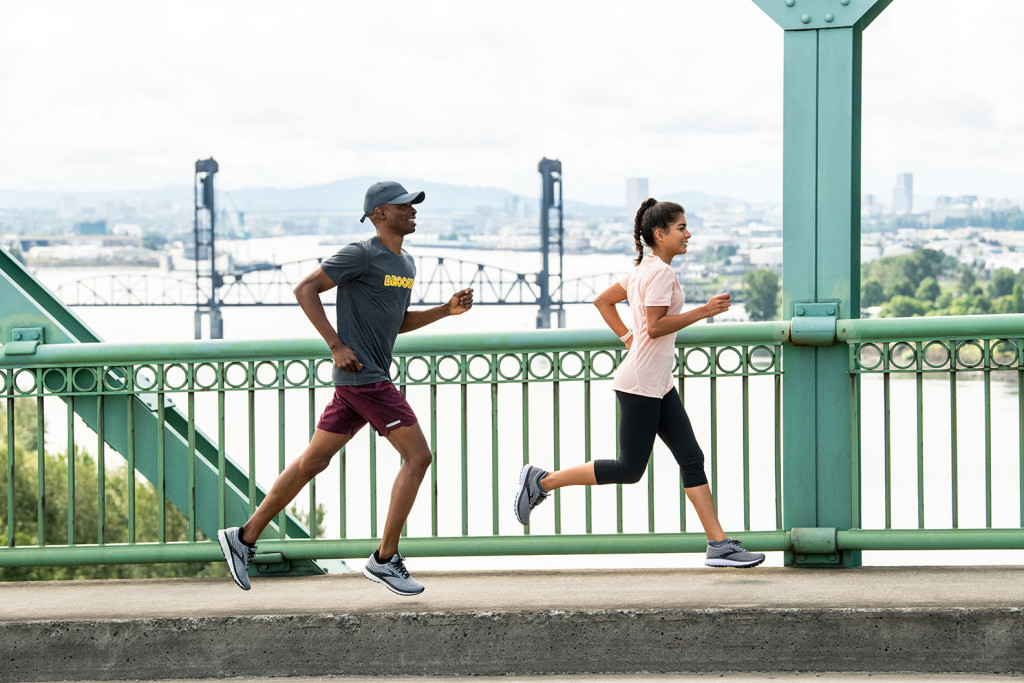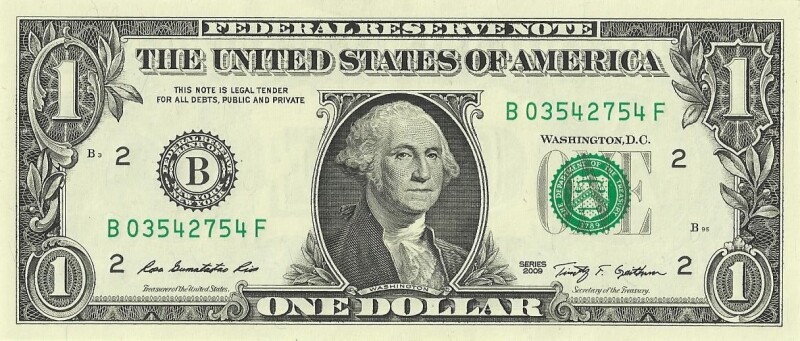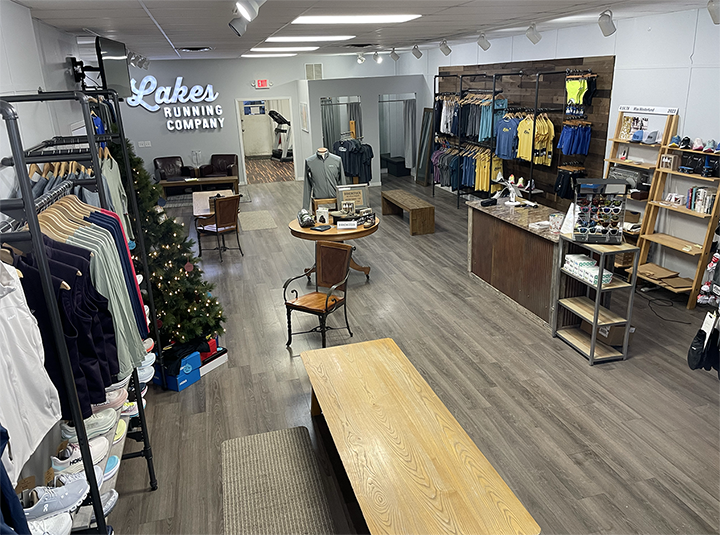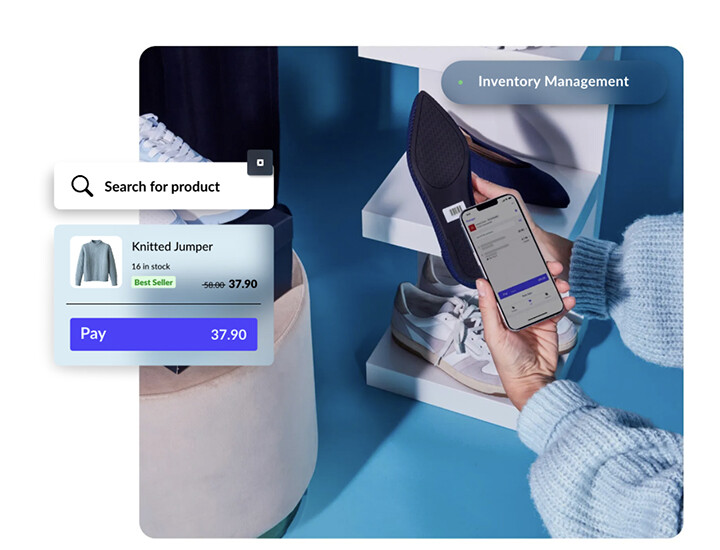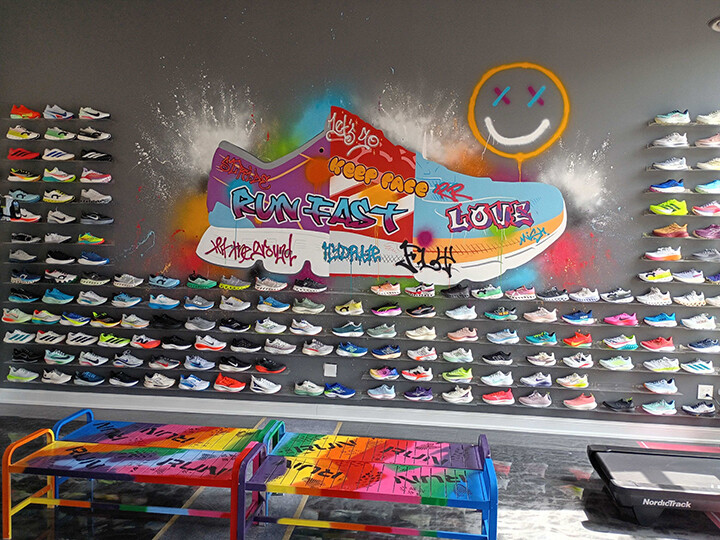A number of running industry brands, led by Brooks Running and Hoka One One, are joining forces to support the launch of The Running Industry Diversity Coalition, a newly formed coalition of brands, retailers, and runners representing Black, Indigenous and people of color (BIPOC) who are working together to increase diversity within the running industry.
The formation of the coalition comes on the heels of the murder of Ahmaud Abery, which rocked the nation and more acutely the running community.
The coalition aims to:
- Challenge the status quo while unifying and amplifying the inclusion, access and roles of BIPOC in the running industry.
- Create a more equitable and inclusive running industry where race, religion, gender identity, sexuality, immigration status, socioeconomic status and ability do not serve as barriers for full enjoyment.
- Improve representation and employment of BIPOC, create a productive conversation on race, uncover and name the systems of racism, commit to ongoing DEI and anti-racist training and support diversity in ownership of run businesses and events.
- Decrease real barriers and racist structures to running and provide a platform to share best practices, measurements, and critical resources in order to remain accountable.
Leadership Team Members include co-chairs Alison Mariella Désir, of Harlem Run, Run 4 All Women; and Chris Lampen-Crowell, Gazelle Sports.
The Committee consists of Martha Garcia, Hoka One One; Verna Volker, Native Women Running; John Benedict, Playmakers, Running Industry Association President; Robyn Goby, Fleet Feet; and Shannon Woods, Brooks Running. Teresa Baker, co-founder of Outdoor CEO Diversity Pledge, is an advisor.
According to a statement from the organizers, the running industry has prided itself for supporting personal transformation and inclusion no matter a runner’s age, shape, or pace. “Yet while the running community has expanded to include a great deal of diversity in some ways, it has remained mostly white. With this coalition, partners from across the running industry have come together to address the scarcity of racial diversity within our businesses and the safe inclusion for all people to run in any environment.”
The statement continues: “We exist to increase representation and access to employment, leadership and power for those who have historically been excluded from the running industry. We will work with all aspects of the run community, including but not limited to retailers, brands, national organizations, events, clubs, non-profits and local businesses, to improve until we can all truly say, running is for everybody.”
And, according to a Statement of Purpose, “Running has been characterized as accessible and offering an opportunity to gain fitness and self-worth wherever the journey began, but in practice this has not been the case for all. As a collective industry, we admit that we have not acknowledged the barriers that BIPOC have faced, did not make enough effort to understand those barriers when brought to our attention, and have not been motivated enough to remove them. That ends now. We come to this coalition knowing that the running industry is rooted in whiteness and systemic racism and that this is no longer something we will stand for.”
The Goals for the coalition include:
- Conversation: Creating opportunities for discussion that listen to marginalized people in this space so that we may better understand their experiences.
- Naming: Building deep industry reflection to uncover and name the systems of racism within our businesses, the running community, and the culture of running.
- Representation: Increasing authentic representation in stories, images, marketing, athletes, ambassadors and product wear test/feedback. Promote partnerships between the Running Industry and BIPOC running organizations,
- Education: Commit to ongoing DEI and anti-racist training, with a particular focus on anti-blackness, in our industry. Promote and acknowledge the Indigenous lands whenever and wherever races occur.
- Employment: Hiring, supporting and developing marginalized people in all positions from internships to leadership.
- Ownership/Leadership: Supporting diversity in ownership of run businesses and events through creating pathways by which this may be made possible. Increase the diversity within the leadership structure of running brands and other companies servicing runners.
- Access: Decreasing real barriers and racist structures to running for people of color.
- Accountability: Remaining open to meeting people where they are, dialogue, critique and regularly interrogating our process and progress
- Resources: Provide a platform to share best practices, measurements, and critical resources.
